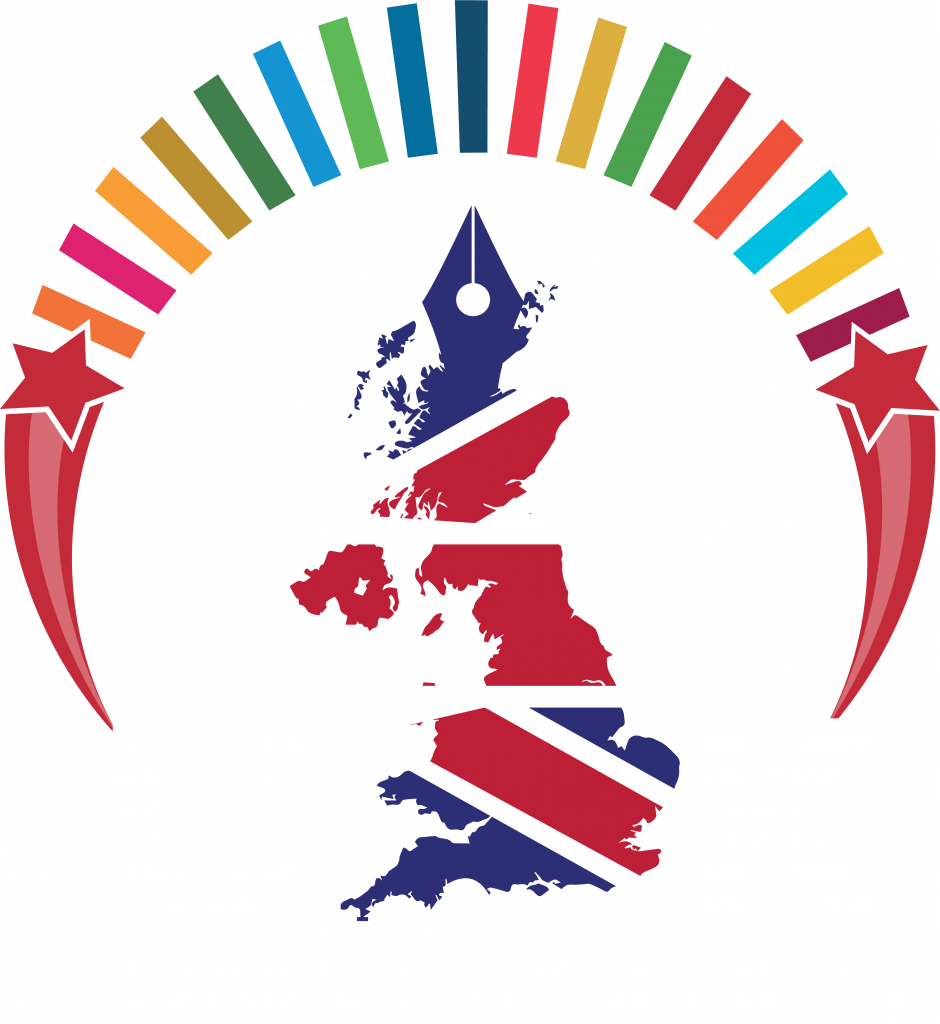UK (University of Reading) Planet Partners: Reading scientists part of stark UN climate change report AUG 09 Read older news stories

Climate scientists at the University of Reading have played a leading role in the latest Intergovernmental Panel on Climate Change (IPCC) report, which warns that damaging effects of climate change are already being seen across the globe.
The key findings of the first working group of the Intergovernmental Panel on Climate Change (IPCC) Sixth Assessment Report (AR6) were published today (Monday 9 August). It focuses on the physical science behind climate change, and builds upon the AR5 report from 2013 to present the current state of the climate and how it may look in the future to policymakers worldwide.
Six researchers in Reading’s Department of Meteorology were lead authors in the Working Group I report – making the University the most represented institution in the list of Working Group I authors. An additional six scientists at the National Centre for Atmospheric Science (NCAS), based at Reading, were contributing authors, and other Reading researchers were involved as reviewers.
Reading lead authors:
– Professor Richard Allan
– Professor Nigel Arnell
– Dr Nicolas Bellouin
– Professor Bill Collins
– Professor Ed Hawkins
– Dr Andrew Turner
Reading contributing authors:
– Dr Laura Wilcox
– Professor Jonathan Gregory
– Dr Valeriu Predoi
– Dr Jon Robson
– Dr Richard Schiemann
– Dr Alcide Zhao
The AR6 report warns that devastating flooding, heatwaves and wildfires like those seen across the world this summer are becoming more frequent and severe due to human-caused greenhouse gas emissions, making urgent action essential.
The new report includes chapters on climate change impacts on the water cycle and on weather and climate extremes, incorporating extended observational records, advances in climate science and more comprehensive computer simulations.
The report comes as the University and partners prepares to host a Climate Education Summit on 15 September. The Summit will bring together climate science and education experts, young people and policymakers to discuss how to improve climate education in schools, and will be attended by Alok Sharma MP, COP26 President.
The Summit is part of a series of activities the University is presenting to help the public to understand climate change issues and how we as a society need to adapt and prevent further damage to the planet.
Professor Richard Allan, climate scientists at the University of Reading and lead author of Chapter 8 and contributing author on Chapter 11 of the AR6 report, said: “The newly assessed science is clear that without rapid and sustained cuts in human-caused greenhouse gas emissions, water cycle extremes will continue to intensify with further increases in global surface temperature, along with an increased severity of associated flooding and drought events.
“There is strengthened evidence that human-caused warming of climate is intensifying the global water cycle, including its variability and the severity of very wet and very dry weather and climate events affecting all regions.”
Professor Nigel Arnell, climate scientist at the University of Reading and a lead author for Chapter 12 of the report, said: “The latest IPCC report confirms that human activities have changed our climate and led to the more frequent heatwaves, floods, droughts and wildfires that we have seen recently. The evidence is incontrovertible.
“The report also shows that impacts will continue to increase virtually everywhere, and only by major reductions in emissions – achieving net zero – will there be a chance of meeting the internationally-agreed climate targets.
“We now have a greater understanding of how quickly risks will change, and several very damaging plausible ‘worst case’ scenarios cannot be ruled out.”
Professor William Collins, Professor of Meteorology at the University of Reading and lead author for Chapter 7, said: “This report details the climate changes in heatwaves and extreme rainfall that we have already experienced due to our emissions of greenhouse gases. These levels of carbon dioxide have not been seen in the last two million years.
“Most of this warming has been caused by carbon dioxide, but a new finding is that a substantial fraction (around half a degree) has been due to emissions of methane, which comes from sources such as oil and gas drilling and agriculture.
“The report tell us that rapid and sustained reduction in carbon dioxide and methane are needed to have a chance to meet the Paris Agreement goals of limiting temperatures to 1.5 degrees. Reducing methane is also shown to have an additional benefit of improving air quality, and would counteract any future warming due to reductions in other (cooling) air pollutants such as aerosols.
“So the report highlights a combined approach on climate and air quality that will give us a win-win, making the air cleaner to breathe and limiting climate warming.”
